Focus Your Search
Click on the tabs below to guide your initial search. Use filters to expand or scale down the results for each category.

Click on the tabs below to guide your initial search. Use filters to expand or scale down the results for each category.
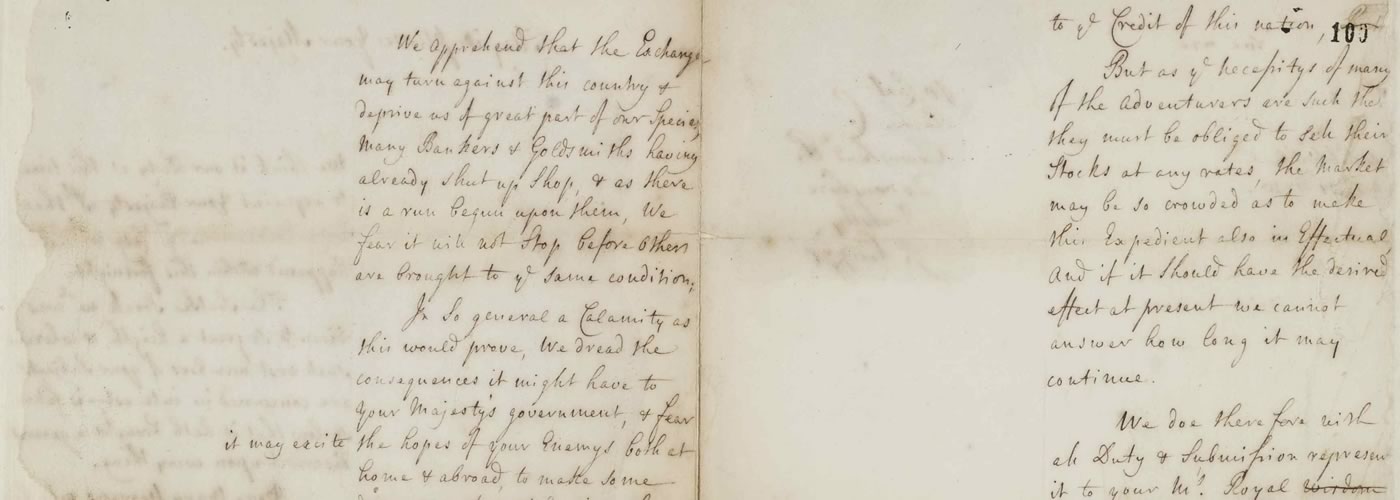
State Papers Online: State Papers Domestic: Military and Naval and the Registers
This collection focuses research on British domestic politics and society in an age punctuated by plots, rebellions, uprisings, and financial crises. Part I offers researchers online access to approximately 300,000 folios from the reigns of King George I, King George II, and part of the reign of King George III, plus military, naval, and plantation registers, sheriffs' lists, and State Papers of Scotland and Ireland.

The Times Literary Supplement Historical Archive, 1902-2019*
Since 1902, the Times Literary Supplement has forged a reputation for fine writing, literary discoveries, and insightful debate. The TLS has attracted the contributions of the world's most influential writers and critics, from T.S. Eliot and Virginia Woolf in the 1920s and 1930s to A.N. Wilson and Christopher Hitchens in the 1990s and 2000s. The complete run of the TLS from 1902 to 2011 is now available online as The Times Literary Supplement Historical Archive.
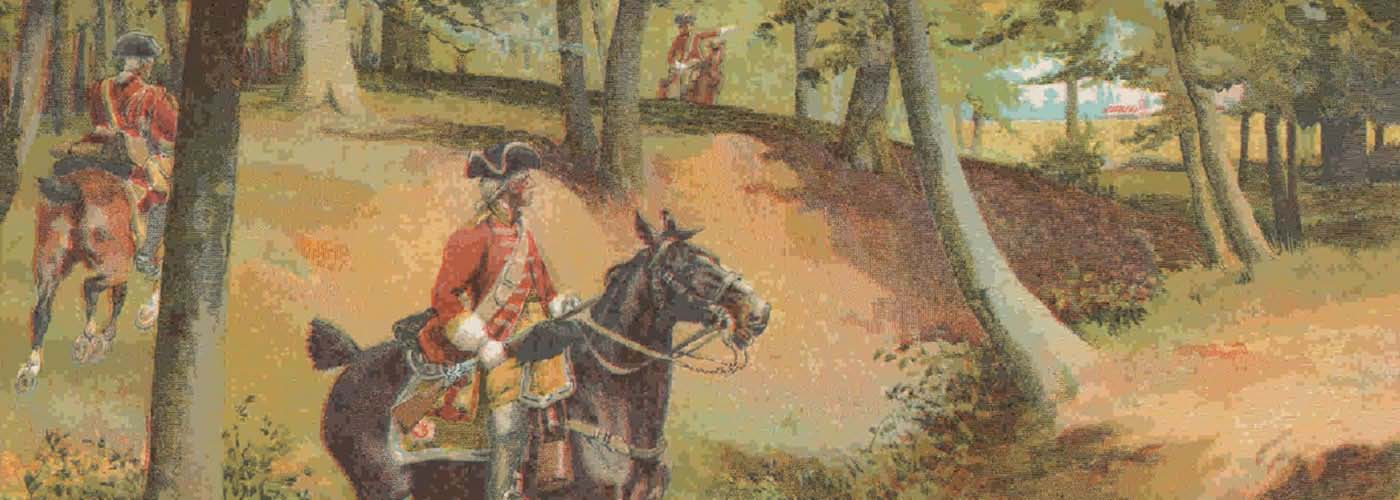
Nineteenth Century UK Periodicals, Part I: Women's, Children's, Humor, and Leisure
This collection provides insight into the evolving life of British culture, where reading for leisure, women's rights, children's entertainment, and sports grew as publishing expanded. This resource provides students, researchers, and enthusiasts with unprecedented online access to what people were reading, how they were living, and what was influencing their lives during the Victorian era.
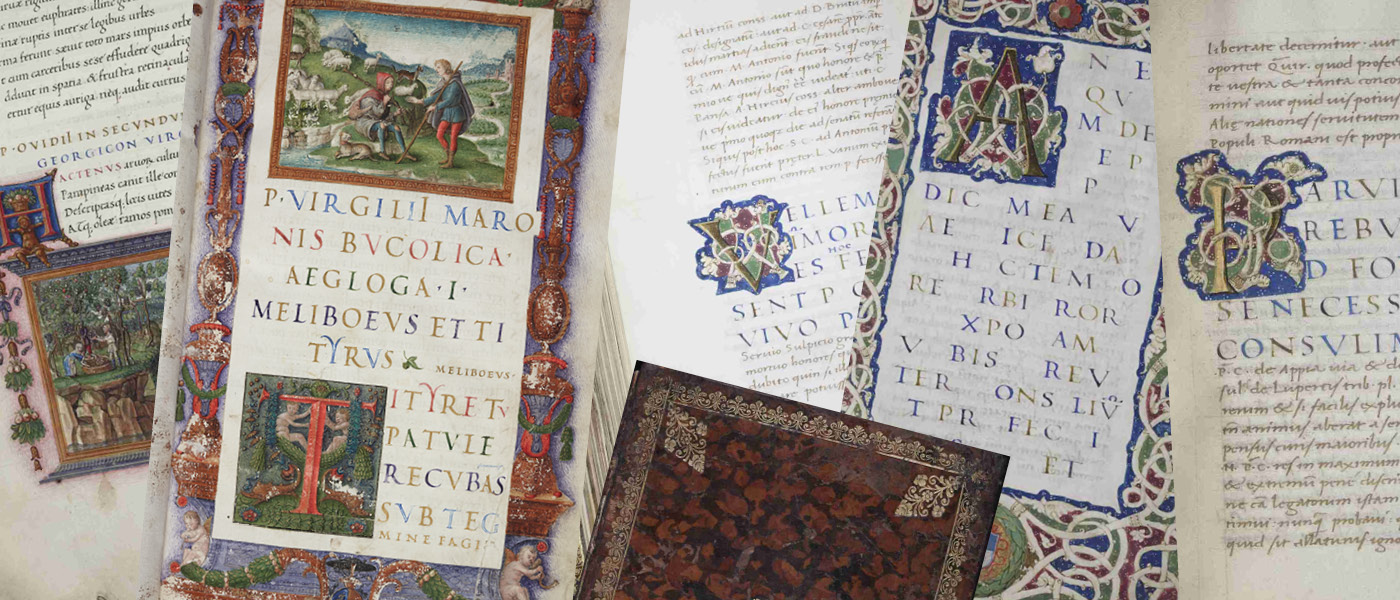
Selections from The King's Manuscripts from the British Library
This collection offers a selection of distinguished medieval and post-medieval manuscripts from the King’s Manuscripts. The collection is important for understanding the cultural and intellectual environment of British monarchs from at least Edward IV to George III. They include “treasures” – high-quality, often illuminated manuscript books dedicated and presented to monarchs, manuscripts of important classical texts, examples of intellectual and literary works of the period and the working library of ruling monarchs from Edward IV to George II.
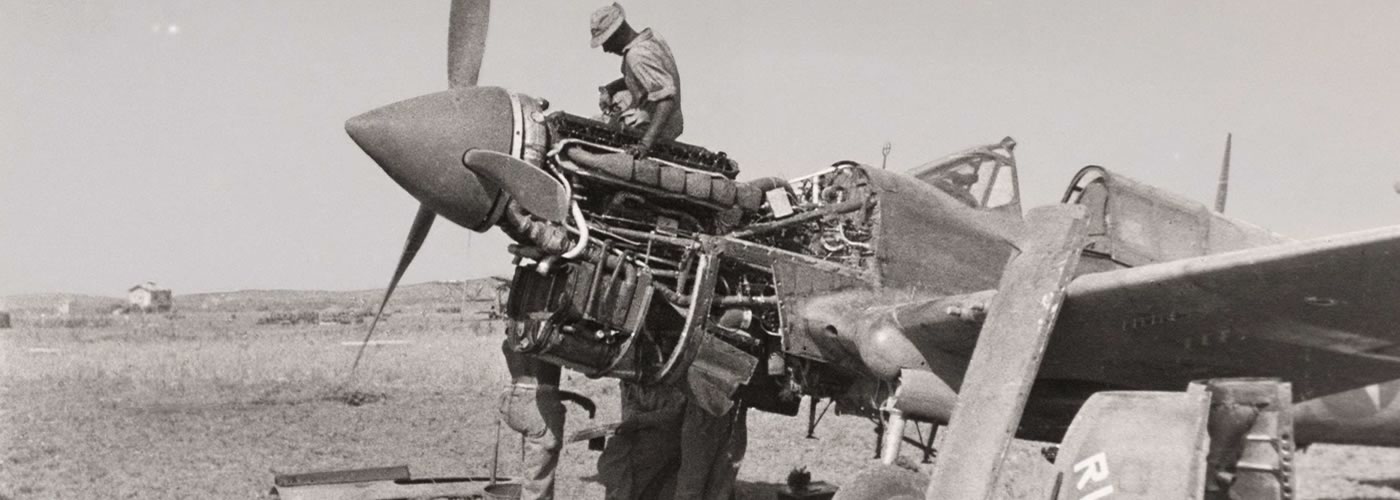
Smithsonian Collections Online: Evolution of Flight, 1784-1991
This collection sketches the "story behind the story" of man's desire to fly, including early flight, inventions, air races, the fighter pilot, the evolution of aerial weaponry, Germany's WWII jet program, the Cold War aviation race, and other flight-related developments and events critical to the history of science and technology and the military.
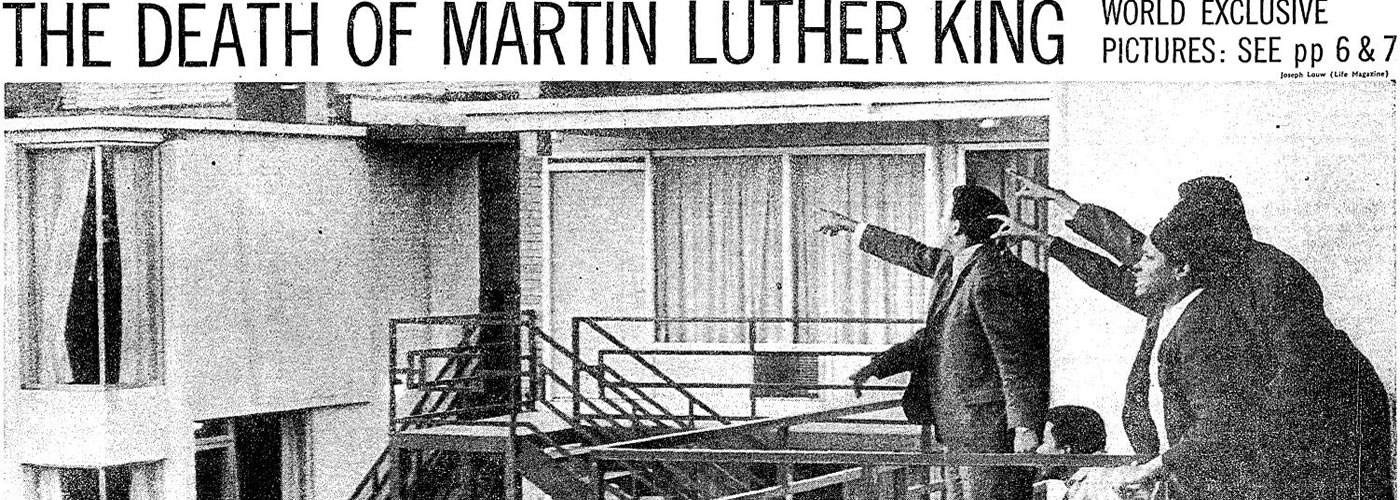
Sunday Times Historical Archive, 1822–2021*
Since 1822, The Sunday Times has provided thoughtful analysis and commentary on the week's global news and society at large. World famous for its cutting-edge investigative journalism, the newspaper broke many of the key stories of the twentieth century. In more than 600,000 full-text searchable pages, this digital collection is a gateway to the greatest crimes, careers, and culture of the last two centuries.
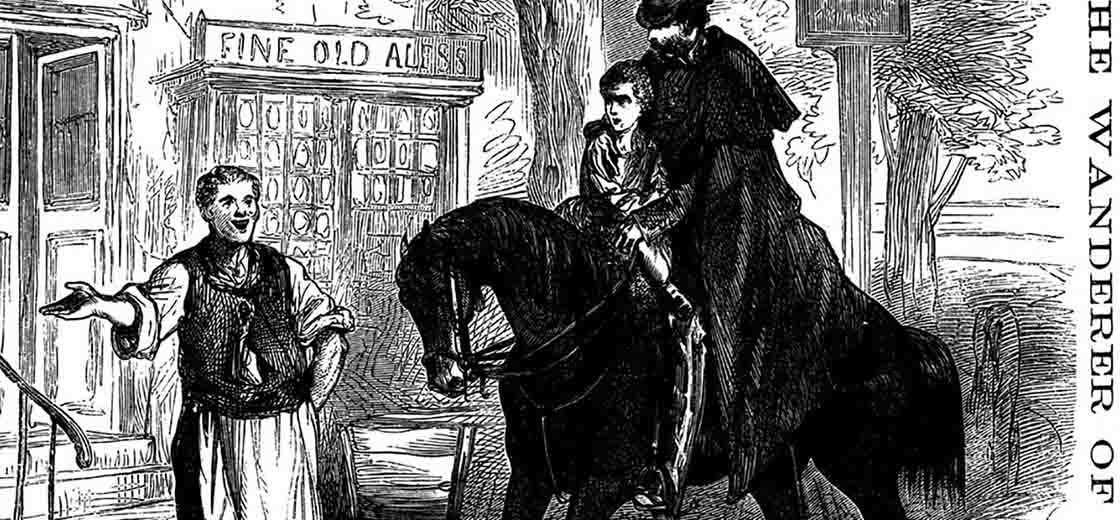
Nineteenth Century Collections Online: British Theatre, Music, and Literature
This collection includes receipts and archives from the Drury Lane Theatre, Royal Philharmonic Society music manuscripts, and the largely forgotten Wandering Minstrels archive, which opens a rare glimpse into the decades of Gilbert and Sullivan. The archive enables scholars to explore primary sources covering such topics as Victorian popular culture, street literature, social history, music, bloods and penny dreadfuls, professional acting on the London stage, the Royal Literary Fund, British dramatic works, and many others.
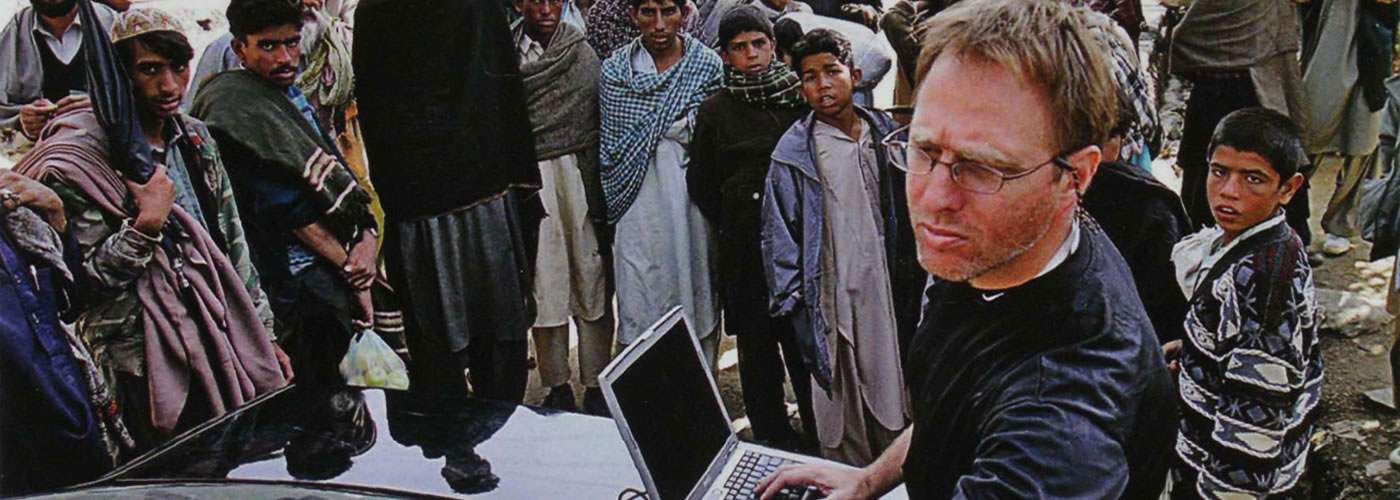
Associated Press Collections Online: European Bureaus
From Vienna, its chief listening post, and also from Prague and Warsaw, the Associated Press (AP) covered Eastern Europe during World War II and the Cold War. This collection is composed almost entirely of rare wire copy, recording the declining influence of the Soviet Union, the last days of the Iron Curtain, and the political and economic restructuring of the former Soviet satellites.
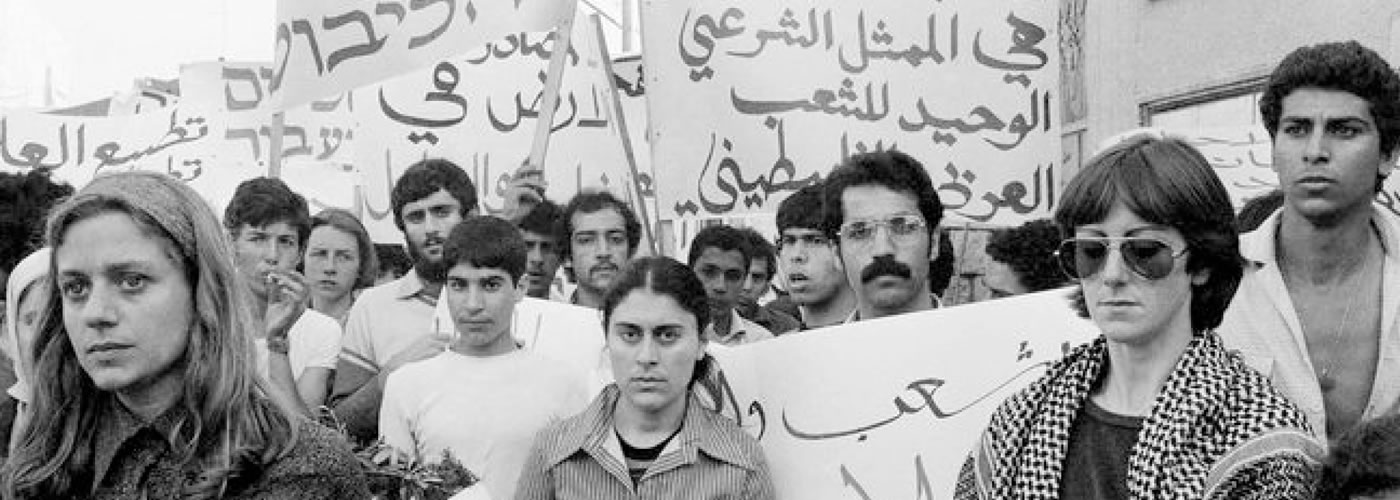
Associated Press Collections Online: Middle East Bureaus
Middle East Bureaus offers access to records from some of the Associated Press’s (AP) most active international bureaus – Jerusalem, Ankara, and Beirut, as well as their surrounding areas – delivering the exclusive stories behind the headlines from 1967 to 2005.
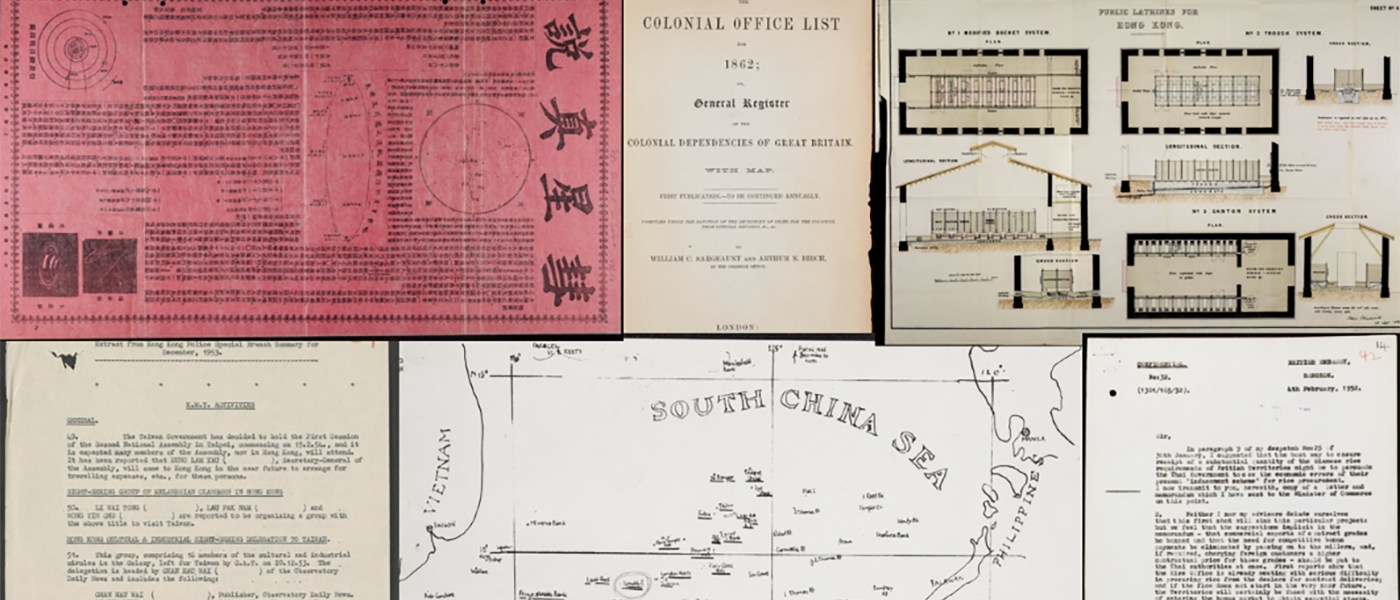
State Papers Online Colonial Asia, Part I: Far East, Hong Kong, and Wei-Hai-Wei
The first part of this major new digitization program brings British Colonial Office files (CO series), many of which were once confidential, to a global research audience. These records bear witness to the two very different sides of the colonial relationship: a British government whose main priority was the acquisition of commodities, wealth, and labor; and the local people living under imperial rule and British-style institutions for law, health, education, policing, defense, agriculture, and industry.
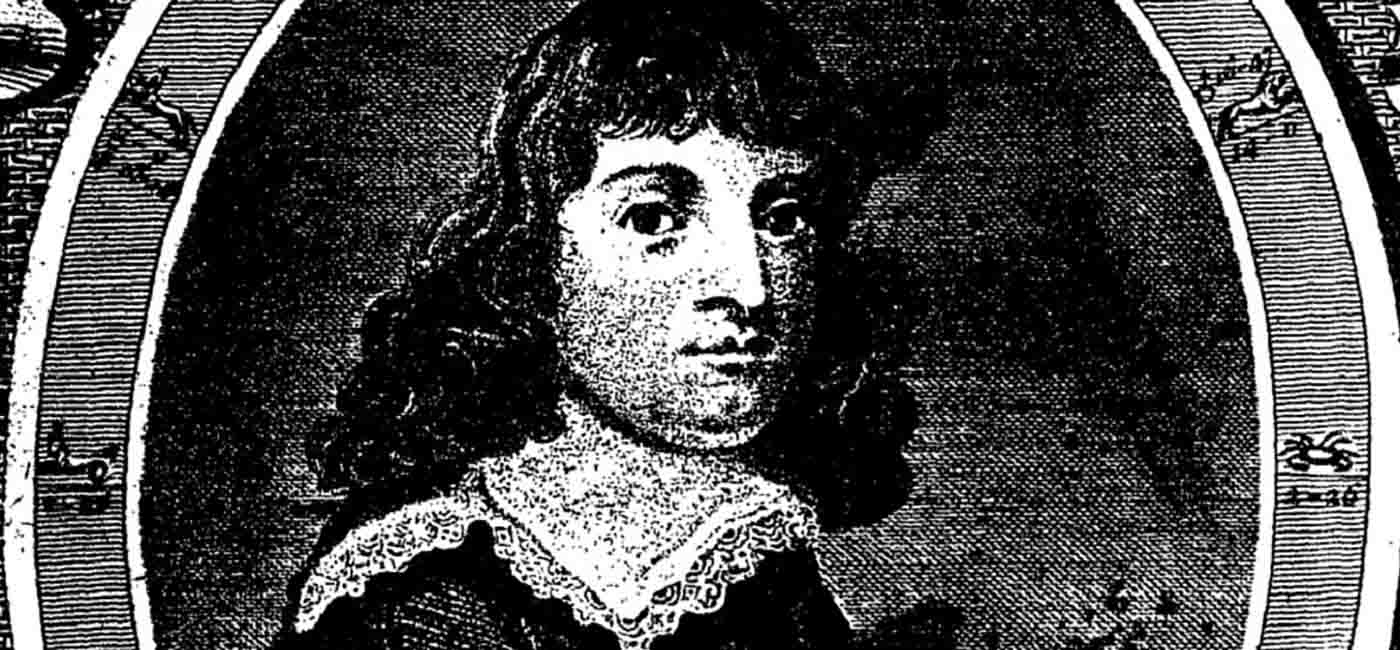
Eighteenth Century Collections Online: Part II
Expanding Eighteenth Century Collections Online, the titles in Part II have an emphasis on literature, social science, and religion. This second edition includes nearly fifty thousand titles and seven million pages from the library holdings of the British Library, the Bodleian Library, University of Cambridge, the National Library of Scotland, and the Ransom Center at the University of Texas.
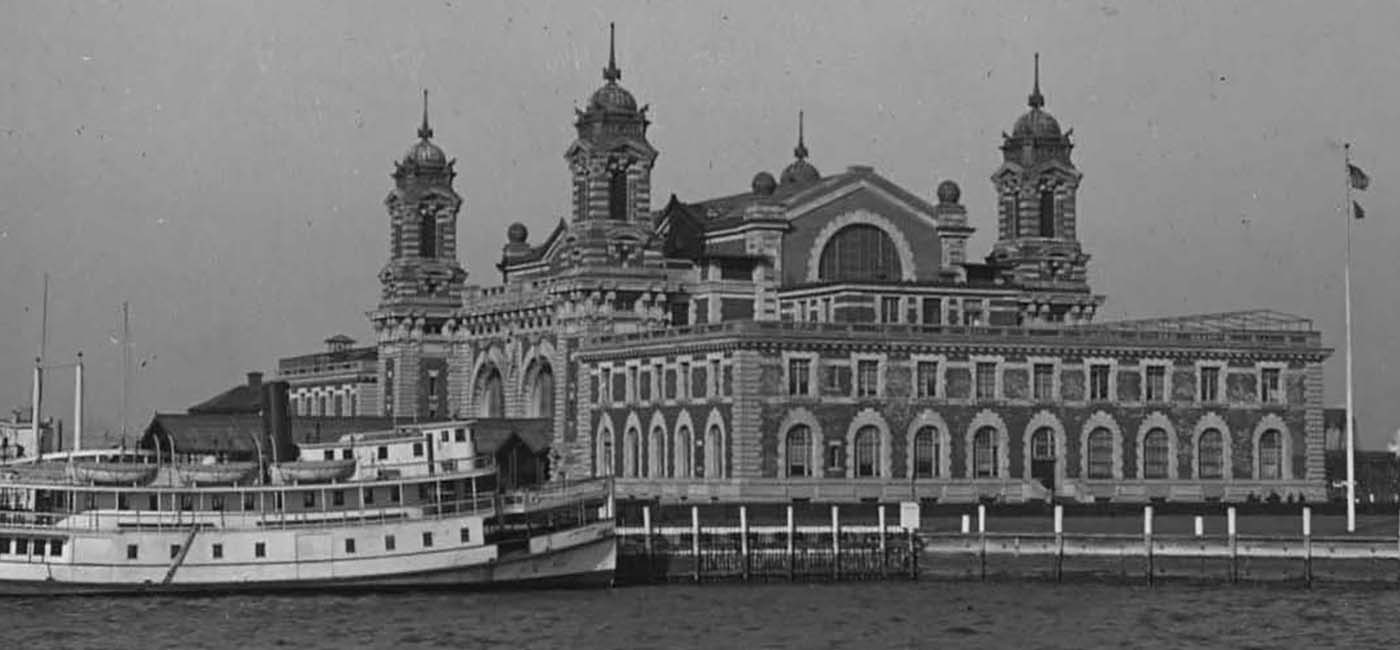
Smithsonian Primary Sources in U.S. History
A database that brings hand-curated content from Smithsonian experts directly to classrooms and students. Curriculum-aligned material from trusted sources easily satisfies requirements to incorporate primary source content into US history classes.
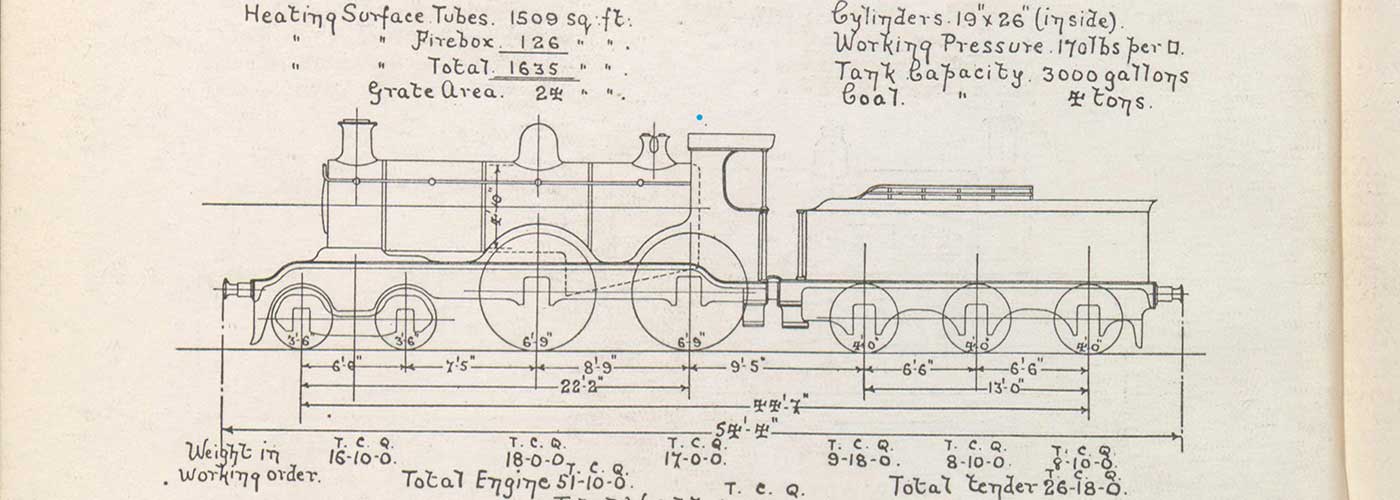
The Making of the Modern World, Part III: 1890–1945
The Making of the Modern World: Part III, 1890-1945 takes The Making of the Modern World series deeper into the twentieth century covering the key events that have shaped the modern world. Beyond the study of economic thought, the collection provides an invaluable resource for the studying of social forces unleashed by the economy.
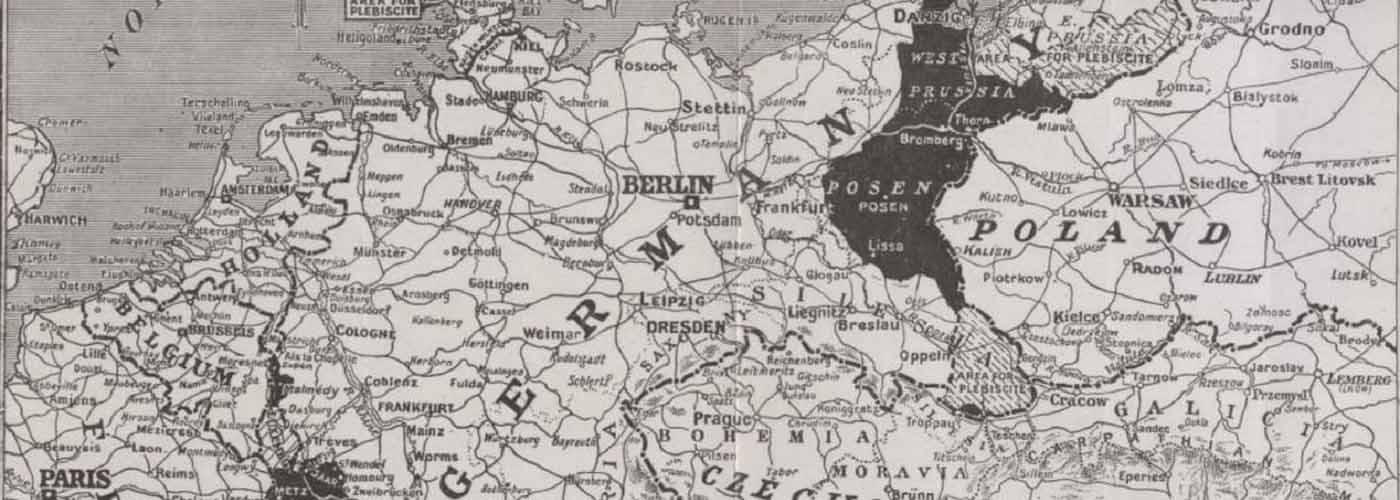
Chatham House Online Archive: Module 2: 1980–2008
Module 2 of this series with Chatham House contains high-level analysis and research on global trends and key events and issues from the latter part of Cold War to the War on Terror.
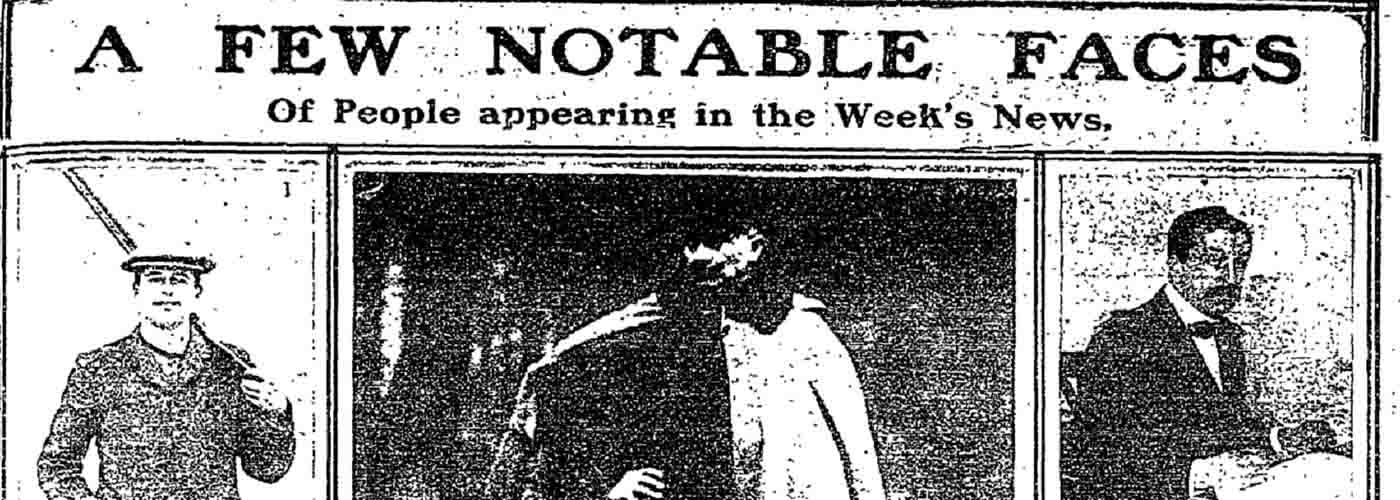
British Library Newspapers, Part I: 1800-1900
This collection contains 47 regional and local newspapers that illuminate diverse and distinct regional attitudes, cultures, and vernaculars, providing an alternative viewpoint to the London-centric national press.
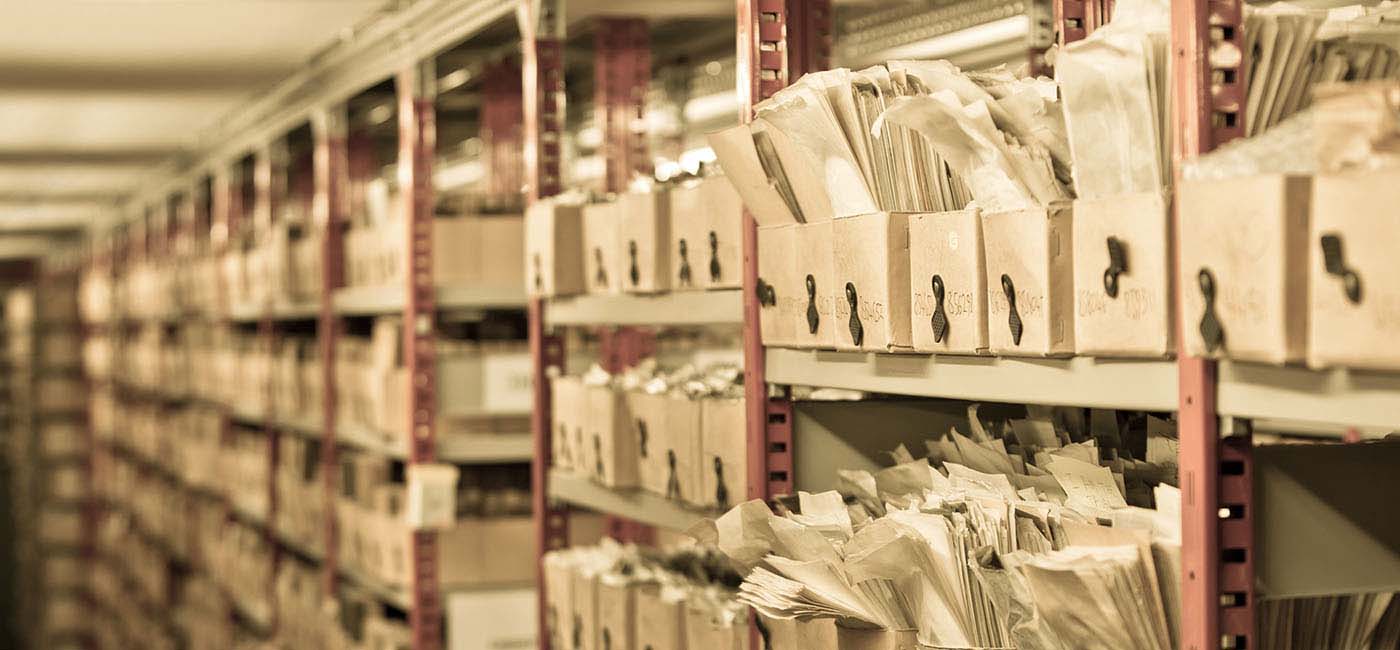
Japan: Records of the U.S. Department of State Relating to Political Relations, 1945-1949
Japan in the summer of 1945 was a nation totally exhausted by war. The Allied Occupation, dedicated to political and social reform, thoroughly transformed the country in a remarkably short period of time. This is one of three digital collections based on the microfilm title Records of the U.S. Department of State Relating to United States Political Relations with Japan, 1930-1954. The source material contains Decimal File 711.94.

County and Regional Histories & Atlases: California
State and especially local history gives students a chance to understand the people, places and things around them with which they’re already familiar. Originally compiled and produced by publishers and subscriptions agents for area residents and patrons, the original histories are difficult-to-find materials. Included in this collection on Ohio are 21 cities and regions covered in 305 titles. These titles comprise tables and lists of vital statistics, military service records, municipal and county officers, chronologies, portraits of individuals, and views of urban and rural life not found anywhere else. The atlases provide additional information on land use, settlement patterns, and scarce early town and city plans.

We Were Prepared for the Possibility of Death: Freedom Riders in the South, 1961
These files document an important moment in the history of the Civil Rights Movement. The United States Supreme Court's decision in Boynton v. Virginia granted interstate travelers the legal right to disregard local segregation ordinances [i.e. outlawed racial segregation] in relation to interstate transportation restaurants and waiting rooms in terminals. Five years prior to the Boynton ruling, the Interstate Commerce Commission had issued a ruling in Sarah Keys v. Carolina Coach Company that had explicitly denounced the Plessy v. Ferguson doctrine of separate but equal in interstate bus travel. However, the ICC had failed to enforce its own ruling, and thus Jim Crow travel laws remained in force throughout the South. The Freedom Riders set out to challenge this status quo by riding various forms of public transportation in the South to challenge local laws or customs that enforced segregation. The Freedom Rides, and the violent reactions they provoked, bolstered the credibility of the American Civil Rights Movement and called national attention to the violent disregard for the law that was used to enforce segregation in the southern United States. Riders were arrested for trespassing, unlawful assembly, and violating state and local Jim Crow laws, along with other alleged offenses. The first Freedom Ride began on May 5, 1961. Led by CORE Director James Farmer, 13 riders (seven black, six white) left Washington, D.C., on Greyhound and Trailways buses. Their plan was to ride through Virginia, the Carolinas, Georgia, Alabama, and Mississippi, ending with a rally in New Orleans, Louisiana. Only minor trouble was encountered in Virginia and North Carolina, but some of the Riders were arrested in Charlotte, North Carolina, and Winnsboro, South Carolina. Mob violence in Birmingham, Alabama would attempt to end this first Freedom Ride.

War on Poverty: Office of Civil Rights, 1965-1968
The Great Society was a set of domestic programs proposed or enacted on the initiative of President Lyndon B. Johnson. Two main goals of the Great Society social reforms were the elimination of poverty and racial injustice. Johnson launched an "unconditional war on poverty" in the first months of his presidency with the goal of eliminating hunger and deprivation from American life. The centerpiece of the War on Poverty was the Economic Opportunity Act of 1964, which created an Office of Economic Opportunity (OEO) to oversee a variety of community-based antipoverty programs. The OEO reflected a fragile consensus among policymakers that the best way to deal with poverty was not simply to raise the incomes of the poor but to help them better themselves through education, job training, and community development. Historians have suggested that the most important domestic achievement of the Great Society may have been its success in translating some of the demands of the civil rights movement into law. The collection contains correspondence, memoranda, reports, minutes of meetings, convention programs, and other records concerning the activities of Maurice Dawkins, Assistant Director for Civil Rights in the Office of Economic Opportunity. Reports, assessments, and background documents also include: Justice Department Task Force on Civil Rights, 1968; U.S. Commission on Civil Rights Report on Ghettoes, 1967; Poor People’s Campaign and OEO, 1968; civil rights and the anti-poverty war; application of Title VI of the Civil Rights Act of 1964; Equal Employment Opportunities and the U.S. Civil Service Commission; OEO reports on Job Corps centers; U.S. Commission on Civil Rights hearings in Montgomery, Ala., for 1968; and 1967 Booz-Allen & Hamilton report on statewide education study in Mississippi. Files contain information regarding civil rights leaders such as Martin Luther King, Jr; Roy Wilkins; Whitney Young; and Andrew Young. This publication consists of documents comprising RG 381, Records of the Community Services Administration, Records of the Office of Civil Rights, Program Records of the Assistant Director for Civil Rights, November 1965-December 1968, MLR Entry 1005. All documents were originally filmed in their entirety.

Japan: Records of the U.S. Department of State Relating to Commercial Relations, 1910-1949
This archive reproduces microfilm of the U.S. Department of State Decimal Files 611.94 and 6194.11. The documents trace the commercial relations between the United States and Japan over the course of almost half a century in the years 1910-1929, 1930-1939, 1940-1944, and 1945-1949. The files are predominantly instructions to -- and dispatches from -- diplomatic and consular officials. Notes between the Department of State and foreign diplomats in the United States; memoranda prepared by State Department officials; and correspondence with officials of other government departments, private businesses, and persons are also featured. Subjects include: advertising, aircraft, commerce, customs administration, drug regulations, duties, embargo, free ports, landing certificates, law, markets, merchandise, prison made goods, pure food and drug regulations, smuggling, tariff treaties, export and import trade, undervaluation of imported merchandise, among many other topics.